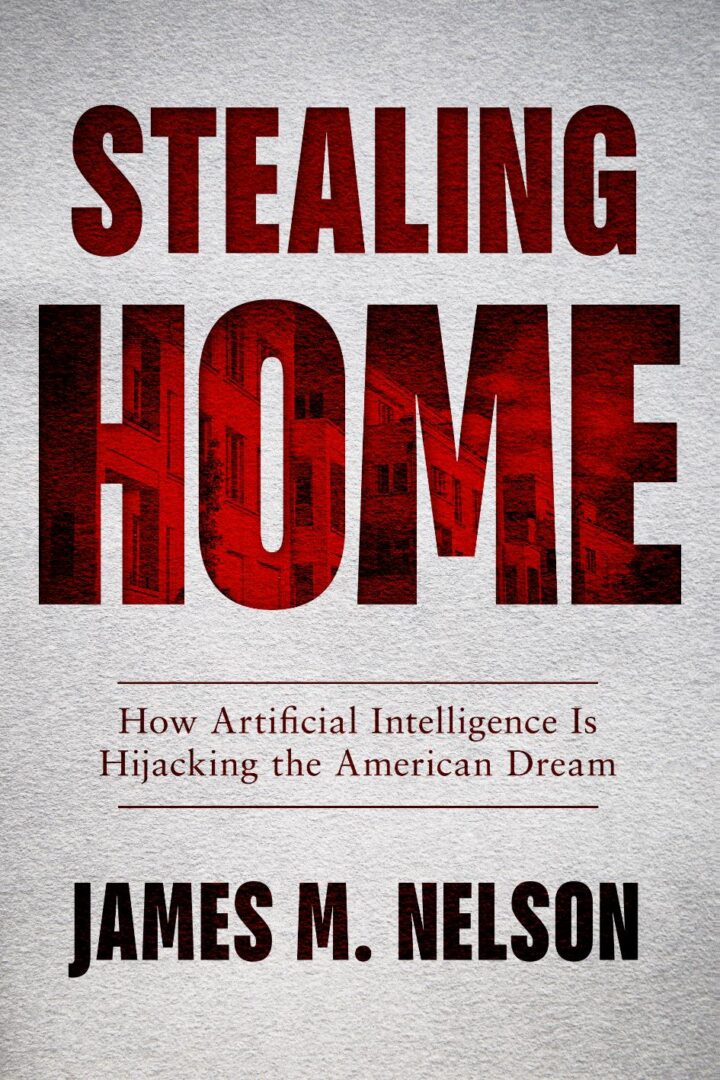
A banker explains the rising inequality in the housing industry
With nearly 40 years of experience in banking and as a member of the National Association of Realtors, Nelson has witnessed a frightening transformation in the housing industry. Despite the sacrifices he made for his kids, like many grandparents across the country, he sees his grandchildren “working harder than I did at their ages” and spending over half of their combined family incomes on housing. Central to America’s crisis (including a massive increase in homelessness) is that affordable and “low-income housing is simply vanishing from the marketplace” while apartments and condos at the other end of the spectrum are oversupplied. Moreover, racial discrimination has historically plagued housing, perhaps more than any single industry. The author fears that given the industry’s reliance on models generated by artificial intelligence, “discrimination will, over time, become the norm within the model itself,” as computers are fed data reflecting America’s systemic racial inequities. As reflected in the book’s subtitle, the author blames much of the current system on AI-driven technology. AI platforms treat humans as mere statistical data and allow for the widespread dispersal of tenants’ private information to a myriad of commercial entities. This makes it even more difficult for tenants with a history of missed rent payments to find affordable housing. The consolidation of property owners, property managers, and builders has also had a negative impact, leaving tenants and homeowners with fewer alternatives. Many property management companies have consistent “F” ratings from the Better Business Bureau and have defended themselves in hundreds of civil cases, but because they dominate a limited market, their tenants have few other places to go. Additionally, property managers have increasingly raised fees, particularly related to evictions, which disproportionately impact those who need help the most.
Though he paints a grim picture of a complex subject, Nelson’s righteous anger makes this book a must-read for not only those in the real estate and banking industries, but also for anyone who seeks to understand why, in the words of activist Jimmy McMillan, “Rent Is Too Damn High.” The author combines the indignation and passion of an activist with the technical knowledge of a seasoned banker. Rather than overwhelming readers, page after page of graphs, charts, and data create a damning case against the status quo. The volume also does a fine job of placing today’s housing industrial complex within a historical context. In addition to paying careful attention to the history of racial discrimination in housing, the work also looks to the past for solutions. Like many bankers of the 1920s, today’s property managers and lenders have not “broken any rules,” largely because there are no regulations to honestly hold them accountable. Just like bank customers of the ’30s needed systemwide financial reforms and regulations, today’s tenants and homeowners require empowered government agencies to stave off the worst abuses that plague the housing industry. But this will require difficult ideological and political shifts that prioritize “human rights before property rights.” Spreading public awareness of deep-seated problems in an industry that often hides its abuses in AI-generated models and binders of paperwork is a crucial prerequisite to that uphill political battle. This exposé is an admirable first step toward that goal.
An illuminating portrait of today’s housing crisis.
– Kirkus Reviews